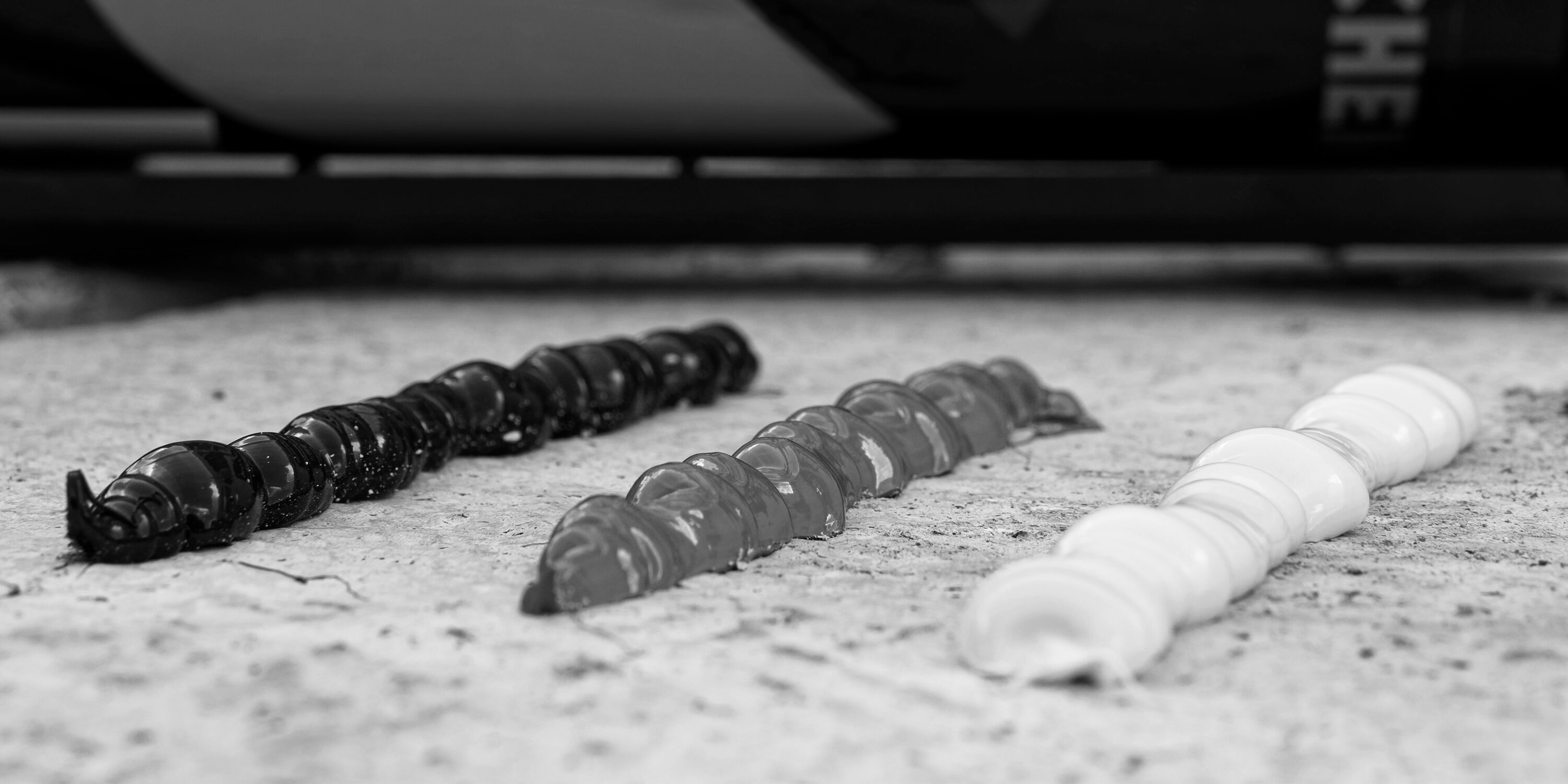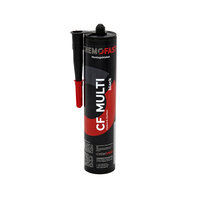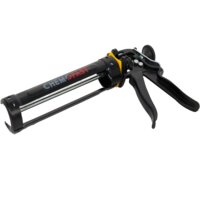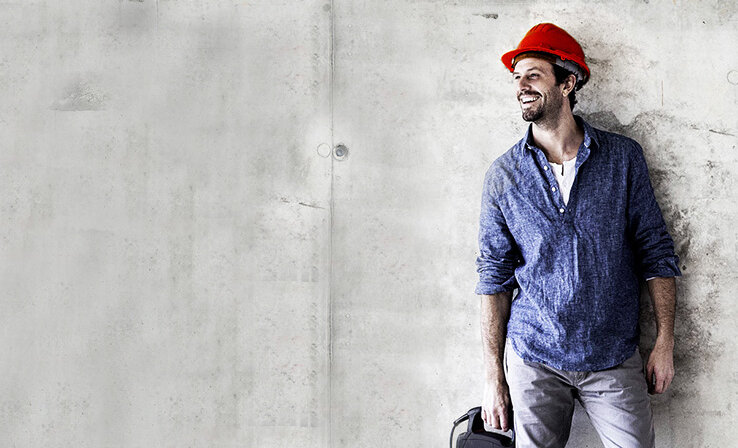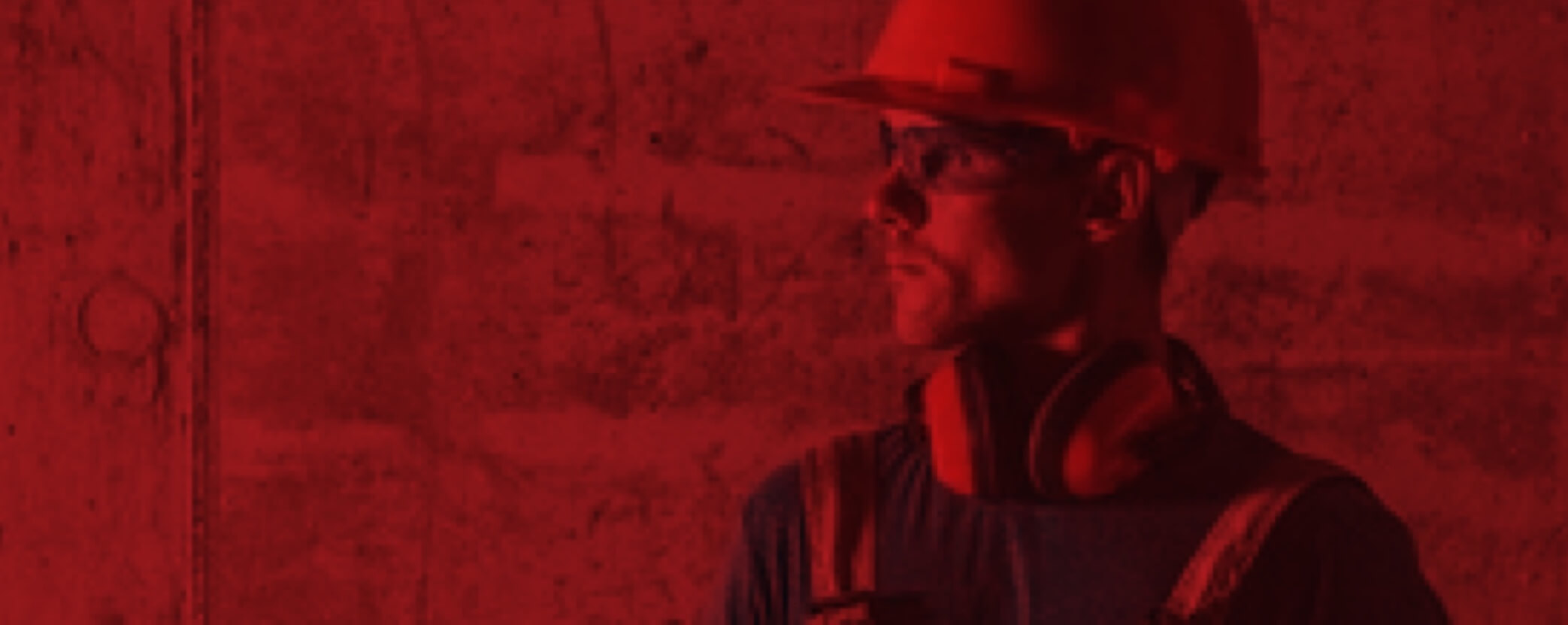
SEALING
The all-rounder: sealant
Experience shows that sealants are subjected to particularly high stresses. Mechanical stresses caused by walking or furniture, physical changes due to thermal influences, chemical attacks and cleaning agents - sealants have to withstand a lot. Modern sealant systems, including our CF MULTI, are based on silane-modified polymers. Silane-modified polymers (also known as MS polymers) combine the positive properties of a polyurethane with those of a silicone in one product and cure through a chemical reaction with atmospheric moisture. This produces an elastic adhesive and sealing compound. The advantages of this technology are obvious: they have good UV resistance and shrink only slightly, are free of solvents, PVC and isocyanates, and are odorless. Without solvents, they are virtually odorless, which makes it easier to work in smaller rooms. In addition, MS polymers do not require an additional work step after cleaning, since they are used without a primer. The primer (primer = adhesion promoter for difficult substrates), which normally has to be applied separately, is built into the sealant. So the sealant application actually involves two operations, primer application and sealant application itself. The sealant and adhesive can be overcoated and painted. Application on slightly damp surfaces is also no problem.
The universal applicability and the advantages described are the reason for the growing importance of this sealant class, also for do-it-yourself applications. MS polymer sealants are therefore suitable throughout the construction sector for connection and expansion joints indoors and outdoors, e.g. for joints on windows, doors, in the roof area, sealing in wood, metal construction or sanitary areas. It is also suitable for elastic bonding.
